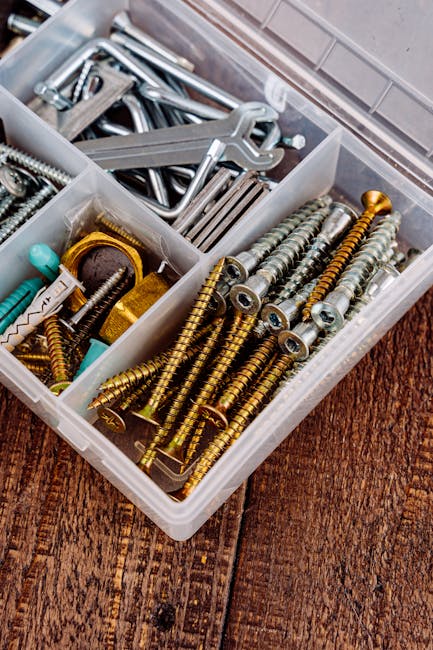 Photo by Anthony Shkraba
Photo by Anthony ShkrabaOriginally Posted On: All About Bolts: Ferrous or Non-Ferrous? (mudgefasteners.com)
Bolts can be either ferrous or non-ferrous, meaning that they either contain iron (ferrous) or don’t contain iron (non-ferrous). So what’s the difference between the two, and what are the characteristics of each?
Obviously, the biggest difference is that ferrous bolts contain iron, while non-ferrous bolts do not. Ferrous metals are magnetic, and are also more vulnerable to corrosion and rust in outdoor environments. Non-ferrous metals tend to be significantly lighter that ferrous metals, which can be seen in the weight difference between materials like aluminum, copper and brass (non-ferrous) versus carbon steel (ferrous).
Ferrous metals, and the bolts made from them, are traditionally stronger and less expensive than their non-ferrous counterparts. Non-ferrous metals, and the bolts made from them, have a lower density, are non-magnetic, and are colorful or able to be made colorful.
Some examples of ferrous metals include non-alloy steels, stainless steel, low, medium and high carbon steel, and some alloy steels, such as chromium and nickel. Examples of non-ferrous metals include copper, aluminum and zinc.
All these factors affect what bolts you should choose for your application. Looking for super-durable, low-cost bolts? Maybe carbon steel bolts would be best for you. In need of something very light and corrosion-resistant? Then look for a bolt in the non-ferrous material family.
If you still have questions about ferrous versus non-ferrous bolts, Mudge is here to help. Contact us for more information from one of our knowledgeable fastener experts.
